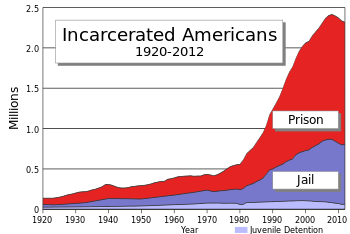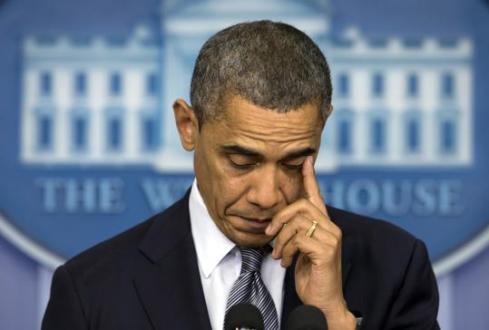Mull over, if you will, these few lines from a Woody Guthrie song:
It takes a worried man, to sing a worried song
It takes a worried man, to sing a worried song
I’m worried now, but I won’t be worried long
You’ll hear a bit of that tune in a documentary called, “Another Day, Another Time.” The film, embedded below, features mostly folk and old tyme American music. Producer T. Bone Burnett got a bunch of very fine musicians together to celebrate the traditional approach to music, and the movie gives us both on stage and off stage performances.
As I watched it, enjoying every note, I realized a preponderance of the songs were about imprisonment and the destruction of individuals by authority. There were songs like:
- Hang me, Oh Hang me
- The Midnight Special
- The Auld Triangle
- House of the Rising Sun
- Worried Man Blues
Spanning decades, these songs continue to touch people, which is why they prevail. They reach something inside us. You don’t have to be a criminal or a con to appreciate them. As I listened to all these prison songs, it came to me that so many of us, whether we have been in a cell or not, must fell imprisoned.
I believe it’s these feelings that keep such songs with us and inspire new ones.
Johnny Cash is famous for his “Folsom Prison Blues,” where a man convicted of killing someone “just to watch him die” longs for freedom and is incensed every time a train filled with free people passes near his cell. The song is so convincing many believe Cash served time in Folsom. Not so. He wrote the song while in the Air Force, stuck at a base in Germany and longing to once again be his own man.
So the song was a metaphor for him, and for us.
Why do we feel this way? Where do our shackles come from? More important, how can we get rid of them?
Although Woody Guthrie wrote about the imprisoned Worried Man, he also wrote “This Land is Your Land” – which joyfully describes a vast, beautiful country and the unfettered right we have to travel it. In the documentary, Dave Rawlings, Gillian Welch and Willie Watson do a number called “I Hear Them All,” and combine it with “This Land.”
They received the loudest applause when they sung this Guthrie verse:
There was a high wall there that tried to stop me
A sign was painted said “Private Property”
But on the backside it didn’t say nothin’
This land was made for you and me.
Maybe we’d all be happier if we, too, focused on the back of the sign. Our minds have put us in prison. It is up to our minds to get us out. The freedom and expression of music will help, as will the film, “Another Day, Another Time.”
By Lanny Morgnanesi






